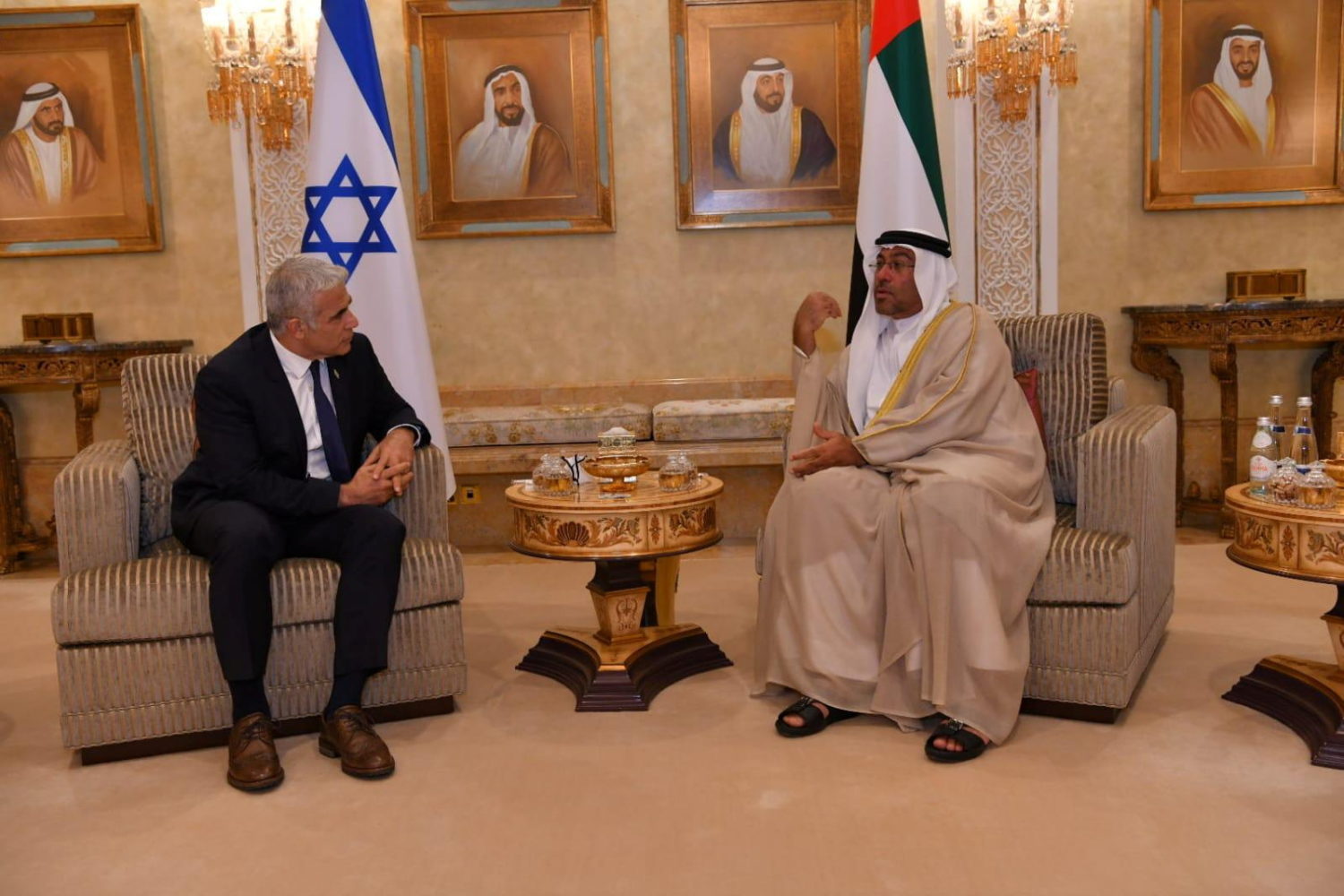
By Ari Rabinovitch
JERUSALEM (Reuters) – Israel’s new government is a hodgepodge of political parties that had little in common other than a desire to unseat veteran right-wing Prime Minister Benjamin Netanyahu.
The coalition, sworn in on Sunday, spans the far left to far right and includes for the first time a small Islamist faction representing Israel’s Arab minority.
It is expected to focus mostly on economic and social issues rather than risk exposing internal rifts by trying to address major diplomatic matters such as the Israeli-Palestinian conflict.
Here are the people who are leading the new government:
NAFTALI BENNETT – PRIME MINISTER
Bennett leads the ultranationalist Yamina (Rightwards) party that champions Jewish settlement in the Israeli-occupied West Bank. He made a fortune in Israeli high-tech before entering politics in 2013. Bennett, 49, served in previous Netanyahu-led governments, most recently as defense minister.
Now he says he joined with opponents to save the country from political turmoil that could otherwise have led to a fifth election in just over two years. A plan he has floated to annex much of the West Bank seems unfeasible, given his new partners. He opposes the creation of an independent Palestinian state.
Under the coalition deal, Bennett will serve as prime minister for two years whereupon he is to be replaced by Yair Lapid. He is Israel’s first leader to wear a kippah, a skullcap worn by Orthodox Jews.
YAIR LAPID – FOREIGN MINISTER
Lapid heads the centrist Yesh Atid (There is a Future) party and was the architect behind the new government. His party is the biggest in the coalition but he agreed to share power with Bennett to secure a parliamentary majority.
Lapid, 57, whose late father was a justice minister in a previous governing coalition, quit his job as a TV anchor in 2012 and formed his own party, running on a promise to ease financial pressures on the middle-class.
He also seeks to end many of the state-funded privileges enjoyed by ultra-Orthodox Jews, a long-running source of grievance to many secular Israelis.
Lapid initially served as finance minister before moving to the opposition, which he led until Sunday. He will serve as foreign minister for two years and then take over as prime minister until the end of the government. If it lasts that long.
BENNY GANTZ – DEFENCE MINISTER
Just two years ago Gantz, a former armed forces chief of staff heading the centrist Blue and White party, was the opposition’s best hope to unseat Netanyahu.
But he agreed to join Netanyahu in a “unity” government, a decision that angered many of his supporters. Gantz, 62, is in the new coalition, remaining as defense minister.
AVIGDOR LIEBERMAN – FINANCE MINISTER
A far-right immigrant from Moldova who lives in an Israeli settlement in the West Bank, Lieberman, 63, has been a political wildcard over the past decade. He has joined Netanyahu governments, including as defense minister, but also quit.
As finance minister he will have to rein in a budget deficit that ballooned during the coronavirus crisis.
He has also said he will try to change the status quo between the government and Israel’s politically powerful ultra-Orthodox minority, which was a mainstay of Netanyahu’s outgoing government.
The ultra-Orthodox community has low participation rates in the workforce and relies heavily on government handouts while focusing on religious studies. Lieberman has said he will work to integrate them more into the economy.
GIDEON SAAR – JUSTICE MINISTER
Saar was Netanyahu’s main rival within Likud, but Netanyahu did his best to keep him out of the spotlight and away from the highest-level portfolios. Frustrated, Saar launched an ultimately failed leadership bid then spun off his own party.
As head of the New Hope party, Saar, 54, will serve as justice minister, where he will oversee the legal system and become a member of the security cabinet.
MANSOUR ABBAS
Abbas’s small United Arab List is the first party in an Israeli government to be drawn from Israel’s 21% Arab minority – Palestinian by culture and heritage, but Israeli by citizenship.
He split with other Arab politicians who prefer to remain outside government and cast aside differences with Bennett and other right-wingers to tip the scales against Netanyahu.
Abbas, 47, is expected to serve as a deputy minister in the prime minister’s office. He aims to negotiate a big increase in government spending in Arab towns and villages.
But his presence is a potentially destabilizing factor. He has been criticized by Palestinians for agreeing to support an Israeli government while Israel continues to occupy territories it captured in a 1967 war and which Palestinians seek a state. Addressing these tensions, Abbas told the Italian daily La Repubblica on Friday: “There will be difficult decisions to be made, including security decisions. We have to juggle our identity as Palestinian Arabs and citizens of the State of Israel, between civil and nationalistic aspects.”
(Reporting by Ari Rabinovitch in Jerusalem; additional reporting by Giulia Segreti in Rome; editing by Stephen Farrell and Mark Heinrich)












